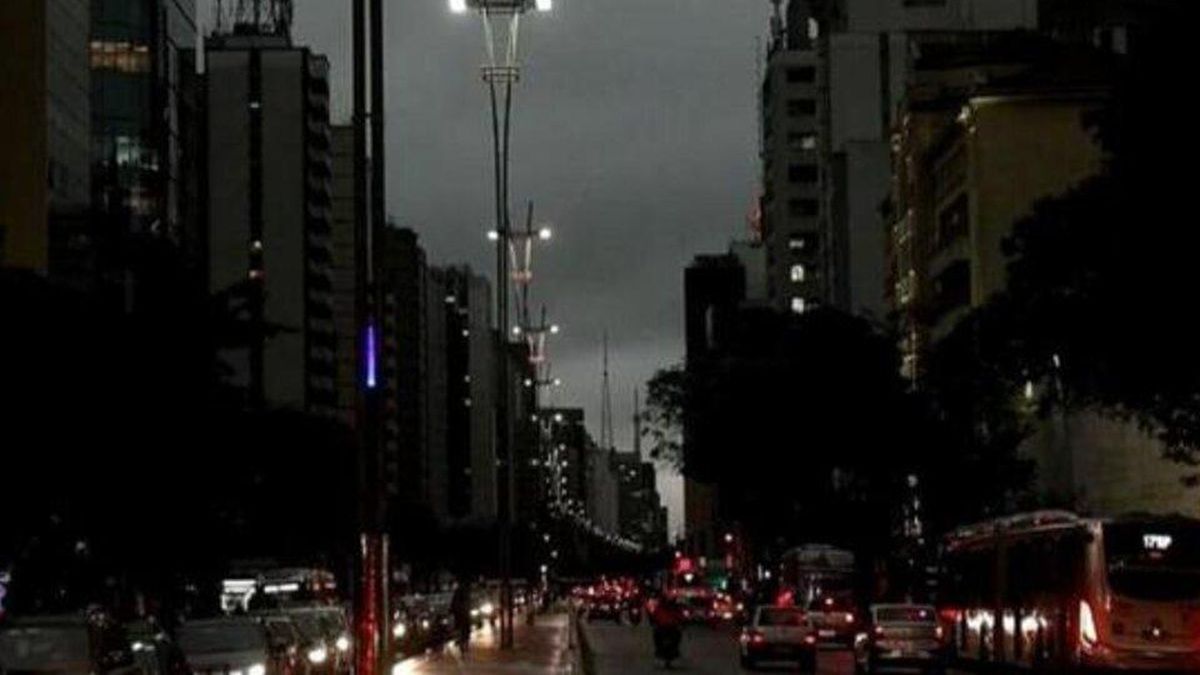David William is a talented author who has made a name for himself in the world of writing. He is a professional author who writes on a wide range of topics, from general interest to opinion news. David is currently working as a writer at 24 hours worlds where he brings his unique perspective and in-depth research to his articles, making them both informative and engaging.
Menu
The day after the election: These results can be expected today
Categories
Most Read
President of Madagascar flown out after violent protests
October 14, 2025
No Comments
Hamas hostages: Remains of four dead identified
October 14, 2025
No Comments
Gaza Agreement: Qatar: Talks are underway on the next phase of the Gaza war
October 14, 2025
No Comments
Middle East: Report: Israel calls for progress on return of dead
October 14, 2025
No Comments
Donald Trump compliments Giorgia Meloni at the peace summit
October 14, 2025
No Comments
Latest Posts

Car rolled away and buried woman (67) in Eschenau
October 14, 2025
No Comments
The 67-year-old ended up lying between the car, wooden wall and meadow. The vehicle was recovered using a crane. Rescue, emergency doctors, police and members

Massive blackout in Brazil left more than half of the states without electricity
October 14, 2025
No Comments
October 14, 2025 – 10:20 The interruption of supply occurred in at least 14 of the 27 Brazilian states, including the most populated ones such

MasterChef Celebrity: how was the rating on the cooking reality show’s return to television
October 14, 2025
No Comments
MasterChef Celebrity debuted on the Telefe screen this Monday with the conduct of Wanda Nara and the return of the chefs Germán Martitegui, Damián Betular
24 Hours Worlds is a comprehensive source of instant world current affairs, offering up-to-the-minute coverage of breaking news and events from around the globe. With a team of experienced journalists and experts on hand 24/7.

